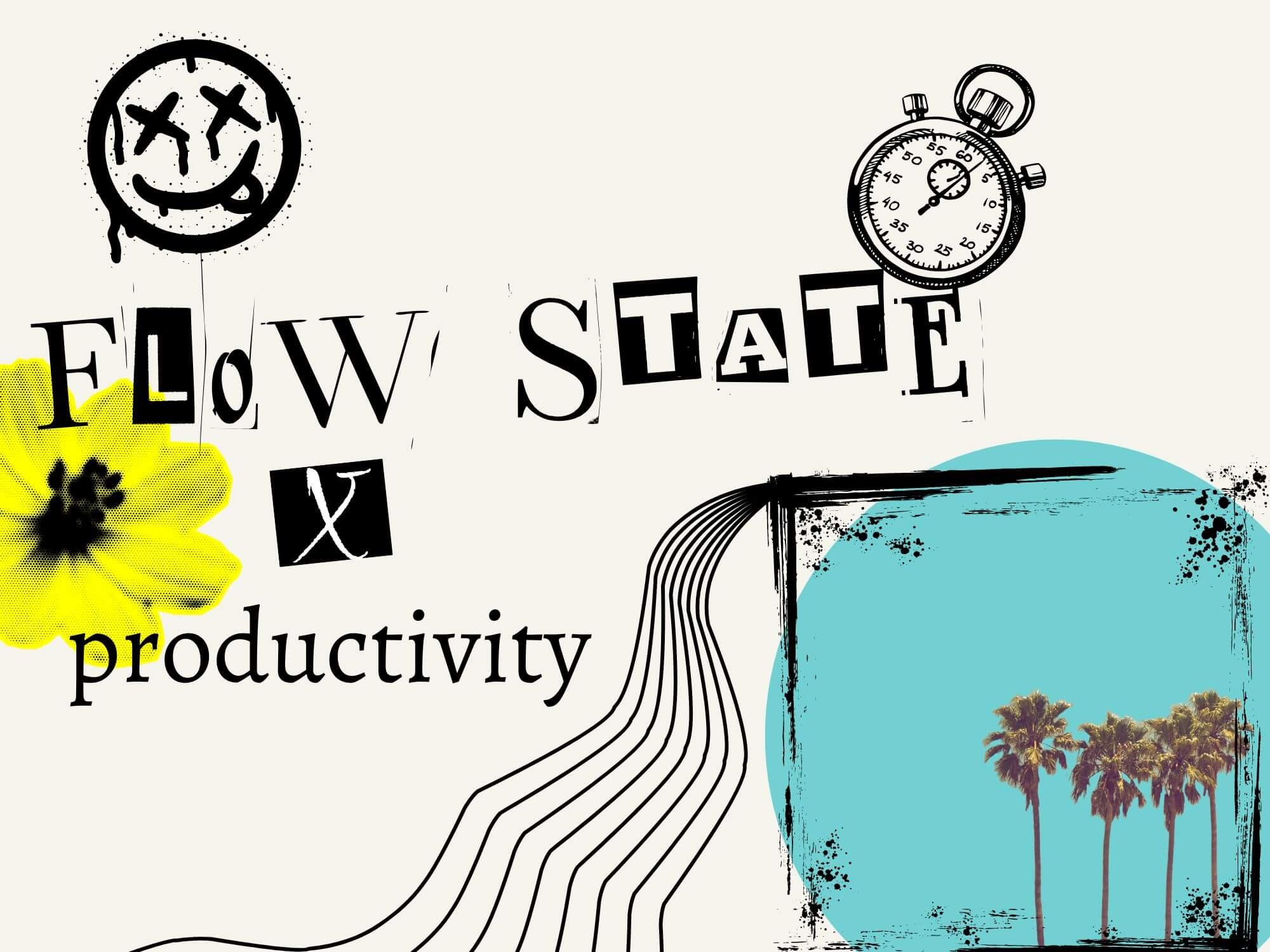Why Incremental Improvement Creates Epic Growth (+ 8 tips)
Incremental improvement works – and creates epic growth. It’s like taking small steps, leveling up with each one. But why do these seemingly small improvements and incremental steps create such a massive change?
I hope to answer those questions (and more) here. So welcome to the what, why and how of small steps creating exponential growth.
As Satya Nani said, “A little progress each day adds up to big results”.
So let’s skip the small talk and jump right in. Let's start with some definitions.
Let’s get it.
What Is Incremental Improvement? Definition and Examples for Proof
So, what is incremental improvement? Let’s start here.
Incremental improvement is a process-oriented focus on using small steps and solutions for moving forward, rather than taking big massive leaps all at once. It’s a strategy that highlights the power of steady growth and long-term change from taking small daily actions.
This is a fairly straightforward definition – and it tracks. I think most of us can appreciate and accept this strategy as effective.
But let’s explore some quick examples for some more understanding and a bit of inspiration.
Proof That Incremental Improvement Works: Some Quick Examples
Technology
For example, Apple is constantly adding small updates and making incremental changes to test and implement new features every year
Cars, computers and wireless connectivity is constantly evolving – we don’t always notice the day-to-day steps forward, but looking back over even just the past 5 years is impressive
Education
We don’t learn everything all at once – it’s the result of small assignments, daily reading, nightly homework, small actions, yearly exams and slowly accumulating new information and skills over time
Exercise and health
We don’t get a six pack or achieve after one visit to the gym, or eating one salad
We achieve health and wellness goals by consistently showing up everyday and making small (but powerful) changes that accumulate and have a huge impact over time
My music production journey
The most growth I experienced was isolating my macro goals into smaller steps and micro goals – and slowly chipping away at them everyday during short internals of focused practice
10 minutes here, 1 hour there…and only 3 months later, I’ve checked off nearly every single one of my original music production weaknesses
This stuff works
Why Small Improvements Create Massive Change: 6 Reasons
Why do small steps have such a massive impact over time?
We’ve probably gotten a pretty good idea based on some of the examples above. But let’s dig a little deeper.
Here are five big reasons for why small incremental improvement has the power to create massive change and growth:
Small steps are less scary
Simply put, we’re more motivated and consistent with small improvements
Small moves forward are less overwhelming and easier to start (and finish)
Once you start, you’ll find that your mood often takes over and you end up working longer than expected
The math of compounding
We’ve all heard of compound interest, well the same thing happens with compound learning
Compound interest is like interest on top of interest – and compound learning is knowledge on top of knowledge, amplifying and multiplying exponentially
The zone of proximal development
Small changes focus on improvement within the zone of proximal development
The zone of proximal development is the area or skill set just outside of your current level
This types of skill-building focus is way more effective, compared to trying to go for unrealistic large leaps forward
Practice and repetition
Consistent, daily, focused practice and repetition has one result – you get better and experience massive change over a long enough period
Neuroplasticity
When you start making consistent, small daily changes, you start creating new neural pathways
You’re literally rewiring your brain for new habits, thinking and skills
Here’s a great video where Dr. Tara Swart covers some our brain’s amazing, often untapped, power
Testing
Small steps and changes allow for testing and adaptation
Testing is required to find the best and most effective solutions
Take Advantage of Incremental Improvement: 8 Tips
Now that we’ve established a good foundation for the power of incremental steps, let’s review some practical things.
The tips below are things you can start doing right now to better take advantage of incremental improvements.
Alright, let’s get it.
1. Define Your Goals or Purpose
What do you want to achieve? What’s your skill target or end goal? Or rather, what’s your purpose and your why?
This is the first to literally everything – understanding why you’re doing the thing in the first place.
So dig deep, write down your motivations and primary goals. Keep things open for change, but stay the course and remember your why.
2. Turn Macro Goals Into Micro (or Nano) Ones
Once you’ve written down your main goals, we need to unpack things a bit.
Macro goals are great – but they can look scary, like large mountains we need to climb. So let’s create checkpoints and break things up.
Splitting up your macro goals into micro accomplishments and daily, weekly or monthly nano tasks is a powerful and strategic move.
So write down your big goal(s) and work backwards. Reverse engineer things until you get to an action plan or path forward. Use these micro and nano goals as your to-do list and motivations.
3. Use Timeboxing
Timeboxing is basically a buzzword for scheduling your daily practice or focus time. But it helps to reframe things, sort of like rebranding the tired and boring term that is scheduling.
So timeboxing, right. Here are a few tips to start timeboxing your day, and start achieving those coveted incremental improvements:
Designate a daily time to work on your goals
Turn off distractions (like your phone or social media)
Find a quiet or motivating place to do the work
Stay focused, but take breaks
Just focus on the energy needed to simply start the task – because remember, mood and motivation often come after action
4. Identify Your Strengths and Weaknesses
Knowing what you’re good at is important – sometimes we’re too hard on ourselves (i.e., you’re better than you probably realize). But recognizing our weaknesses is equally important.
This is especially crucial for taking advantage of incremental improvements. After all, the biggest growth we experience is often the result of working on our weak points.
So first write down your strengths and weaknesses. Then, leverage your strengths to work smarter. And finally, spend time each day chipping away at improving your weak points.
These are like exciting doors of opportunity to get you to the next skill level or checkpoint.
5. Create A Workflow
Creating a workflow is a great way to organize your tasks and day-to-day.
After I implemented my music production workflow, I noticed a definite improvement in my focus, skill building momentum and overall habits and progress as a musician.
So list out your tasks and to-dos and create a system for working on them. This workflow can fit perfectly with your timeboxing routine.
Another great strategy is to identify your common bottlenecks or obstacles while practicing, and to create workarounds for when they pop up.
6. Stack the Deck In Your Favor
Stacking the cards in your favor is one of the most effective techniques for getting things done. And it’s kind of obvious once we hear it – like yea, I know, duh.
But it’s often pushed aside, or not actively managed. So consider the following things to boost the effectiveness of incremental improvements:
Your environment
Is your home or work area motivating? What smells, sights and sounds inspire you?
Your inner circle
Who do you spend time with the most? Are they conducive to your motivation and goal-setting?
Your outer circle
Who do you listen to on a daily basis? What content do you consume? Audit the things you’re watching, seeing and listening to.
7. Study Others (+ Copy)
Learning from others is a strategy that will never get old. There’s an adage that goes something like this: if you want to know the road ahead, ask the person coming back.
If we want to achieve something great, look at what other people who achieved similar things did. Study successful people and their habits, mindsets and strategies for reaching goals.
Often, the formula and script is readily available if we read the right books or listen to the right interviews and podcasts.
We all borrow from each other. We’re all inspired by each other. There’s zero shame in borrowing strategies that just work – that’s mentorship.
8. Develop A Growth Mindset
Mindset is like the core theme for this website. I’m obsessed with it and it’s been one of the biggest differentiating factors in my growth.
A growth mindset is one that views setbacks and failures as learning opportunities and believes that we’re capable of learning and becoming great at literally anything we practice and put our mind to.
So this last tip is all about self belief and accepting that neuroplasticity (as I mentioned in the section towards the top) is real and we can learn and become an expert in anything we so choose.
Want More? Check Out These Sweet Reads!




